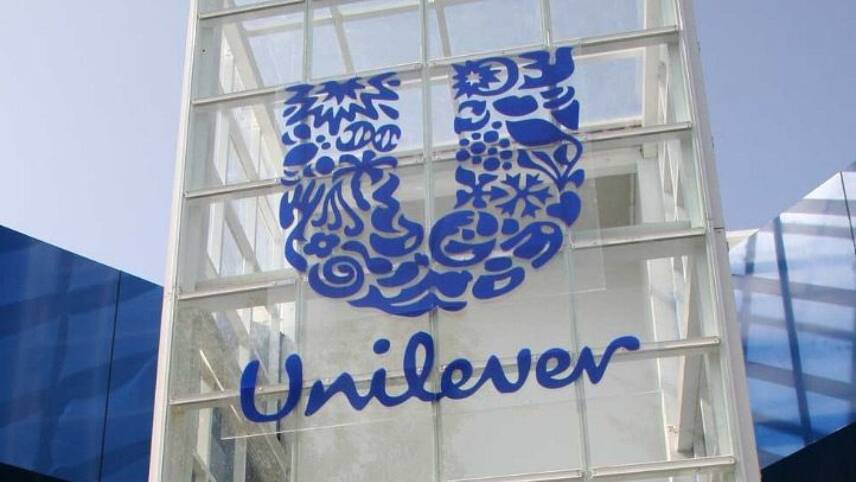Register for free and continue reading
Join our growing army of changemakers and get unlimited access to our premium content

Unilever’s Port Sunlight factory will be supplied with low-carbon hydrogen for manufacturing purposes. The site will have access to both 100% hydrogen and a blend of natural gas and hydrogen to fire a boiler which provides steam for the production process.
The Port Sunlight factory has been manufacturing household brands and products since 1888, and will be fed low-carbon hydrogen via Vertex Hydrogen, a HyNet consortium partner. HyNet North West covers hydrogen production, storage, blending and use, with end-use projects aside from heavy industrial processes covering shipping, rail, road transport and domestic heating.
Unilever’s Port Sunlight factory director Madeleine McLeod said: “At Port Sunlight, alongside Unilever sites around the world, we’re adapting and innovating our factories and processes to help reduce the impact we have on our planet and to progress our climate commitments. “In our operations, we’ve already reduced our emissions by 64% since 2015, and now we’re working towards our commitment to having zero emissions by 2030.
“To achieve this, we’re looking at new technologies, which is why we’re excited to be working with Progressive Energy to trial the use of hydrogen at an industrial scale. The results will help us to better understand the role hydrogen could play in decarbonising our factory sites and provide insight and learnings to support wider-industry action towards Net Zero too.”
Last year, HyNet unveiled a demonstration for producing float sheet glass using pure hydrogen during the manufacturing process, as a replacement for natural gas, at Pilkington UK’s St Helens facility, near Liverpool.
Industrial gas company BOC supplied the hydrogen and Progressive Energy is acting as the consultancy for the project, which forms part of the broader HyNet North West portfolio of projects.
The trial at St Helens is one of several projects underway as part of HyNet’s industrial fuel-switching programme. This scheme was awarded £5.3m from the Department for Business, Energy and Industrial Strategy (BEIS) through its Energy Innovation Programme last year.
At present, more than 90% of all hydrogen produced globally each year is grey. The point of the demonstrator is to prove that firing at glass plants can safely and efficiently be powered by 100% hydrogen. In the longer-term, the HyNet project is striving to transition local industrial firms to ‘blue’ hydrogen produced by Essar Oil UK Limited at its Stanlow site. ‘Blue’ refers to hydrogen produced by processing natural gas and capturing the majority of the associated emissions with co-located carbon capture technologies.
HyNet is also exploring ‘green’ hydrogen, produced by passing water through an electrolyser powered by 100% renewable energy, but specific projects have not yet been confirmed.
Matt Mace


Please login or Register to leave a comment.